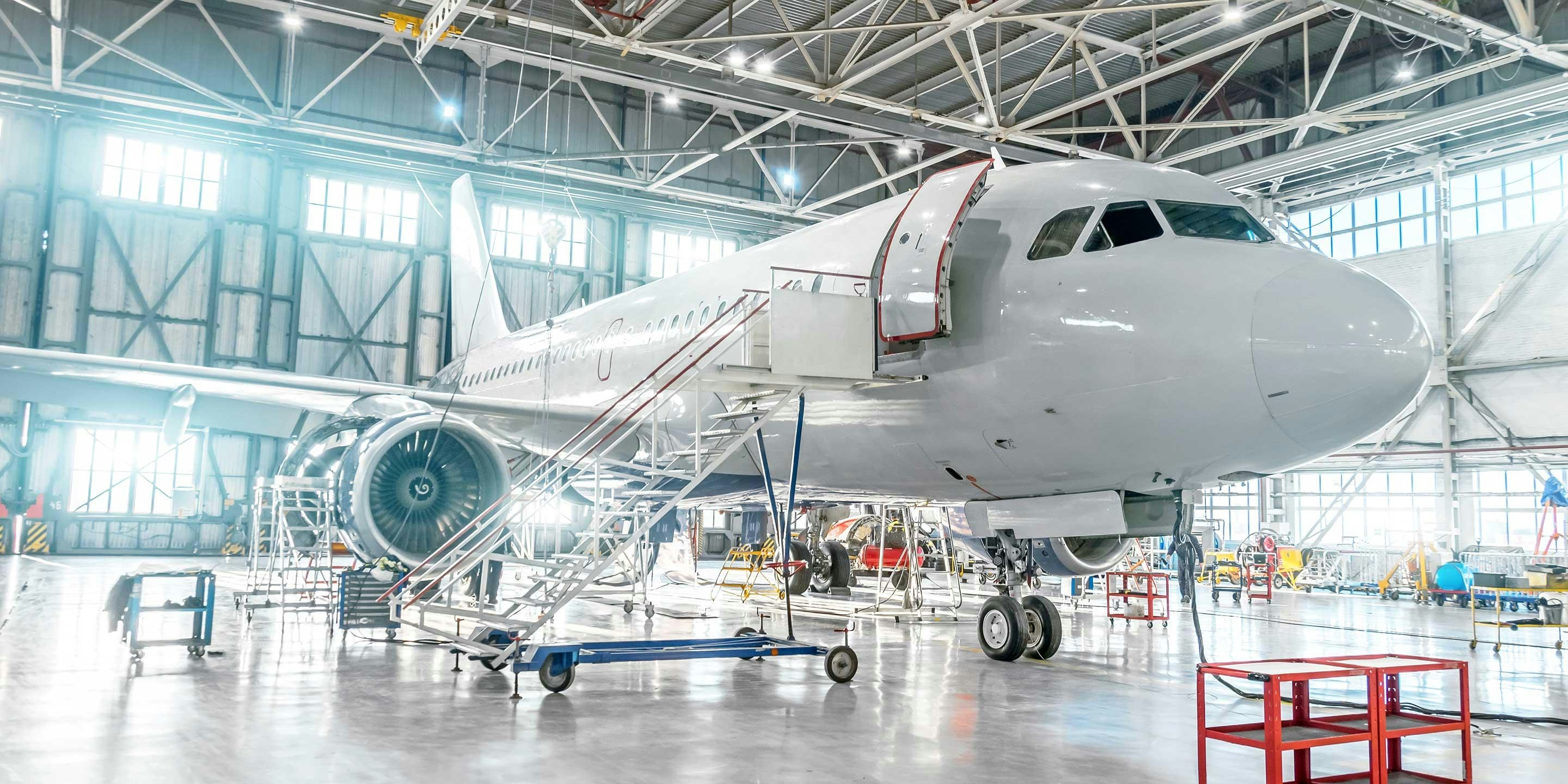AeroGenie — Ihr intelligenter Copilot.
Trends
Categories
AI Advances in Aviation: Predictive Maintenance, Autonomy, and Quantum Technology

AI Advances in Aviation: Predictive Maintenance, Autonomy, and Quantum Technology
The aviation industry is experiencing a significant transformation as artificial intelligence (AI), machine learning, and advanced computing technologies become central to flight operations. Aircraft are evolving beyond their traditional mechanical frameworks into intelligent systems capable of anticipating and adapting to real-time conditions. This shift is fundamentally altering how airlines manage and maintain their fleets, promising enhanced efficiency and safety.
Enhancing Maintenance and Flight Operations through AI
Recent developments underscore the expanding role of AI in predictive maintenance and safety protocols. By analyzing vast streams of sensor data, modern aircraft can optimize fuel consumption, minimize downtime, and proactively mitigate risks. Predictive analytics enable onboard systems to simulate thousands of scenarios within seconds, identifying potential mechanical failures before they occur. This capability has the potential to save airlines millions of dollars by reducing unscheduled repairs and improving operational reliability.
In parallel, autonomous flight systems are gaining traction. Advanced algorithms now assist with turbulence detection and route optimization, reducing the likelihood of human error—a factor implicated in approximately 80% of aviation incidents. Leading manufacturers such as Boeing and Airbus are investing heavily in AI-driven cockpit technologies, supported by cloud computing infrastructure that facilitates the analysis of historical flight data and continuous performance improvements across entire fleets.
Challenges in Integration and Security
Despite these promising advancements, the integration of AI into aviation presents considerable challenges. Regulatory bodies, including the Federal Aviation Administration (FAA), are implementing stringent guidelines to address emerging cybersecurity risks. As aircraft become increasingly connected, their vulnerability to cyber threats grows, necessitating encrypted data links and regular security assessments. Media outlets have highlighted the critical need to protect these "flying data centers" from potential hacking attempts that could disrupt communications or navigation systems.
The transition to AI-driven operations also requires complex and costly integration with existing systems. Airlines must make substantial upfront investments to retrofit fleets with next-generation computing hardware, a process complicated further by ongoing supply chain disruptions, particularly in semiconductor availability. Additionally, workforce retraining is essential, as personnel must adapt to new technologies and operational paradigms to ensure safe and effective implementation.
Innovation in Propulsion and the Promise of Quantum Computing
Innovation extends beyond AI and autonomy into propulsion systems, where startups are employing supercomputers to design batteries for electric and hybrid aircraft, including urban air mobility vehicles such as electric vertical takeoff and landing (eVTOL) aircraft. These computational models simulate aerodynamic stresses and energy consumption with remarkable precision, accelerating development cycles and advancing the prospects for sustainable short-haul travel.
Looking forward, the convergence of quantum computing and aviation holds the potential to unlock further efficiencies. Early prototypes utilizing quantum algorithms have demonstrated the ability to optimize global air traffic management and reduce carbon emissions by up to 15% through more efficient flight routing.
Industry leaders stress that the ethical deployment of AI will be crucial, ensuring that technological advancements enhance rather than supplant human oversight. As the sector navigates regulatory, technical, and workforce challenges, the integration of AI, autonomy, and quantum technology is poised to redefine the future of aviation, balancing innovation with safety, security, and operational resilience.

Emirates Unveils Cabin Design for New Boeing 777X

Eighteen Years On, the Airbus A380 Remains Central to a $34 Billion Airline

How a boom in luxury airline seats is slowing down jet deliveries

Navitaire Outage Attributed to Planned Maintenance

DigiYatra Debuts Outside Aviation at India AI Impact Summit

Vietnam Orders Strengthen Boeing’s Commercial Outlook

Airbus Signals Uncertainty Over Future A400M Orders

JobsOhio Awards $2 Million Grant to Hartzell Propeller for Innovation Center

Collins Aerospace Tests Sidekick Autonomy Software on YFQ-42A for U.S. Air Force CCA Program

How the Airbus A350-1000 Compares to the Boeing 777
